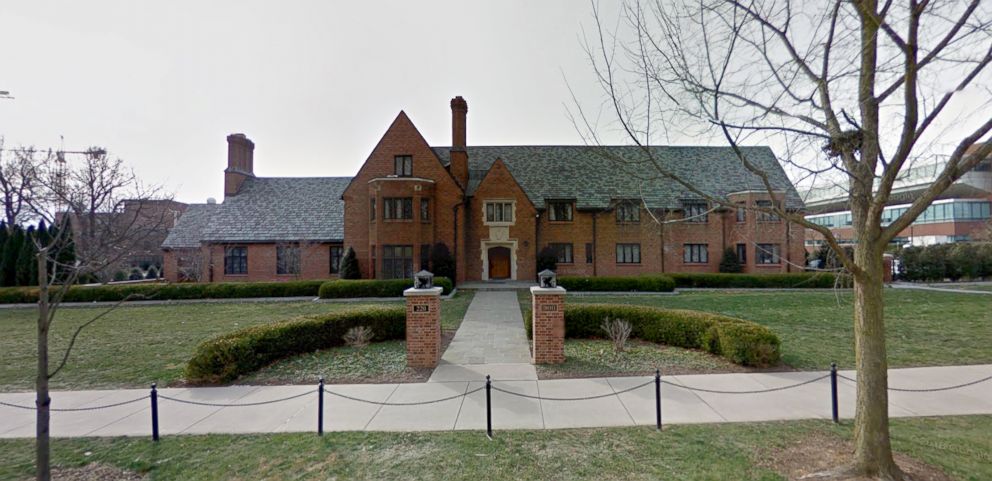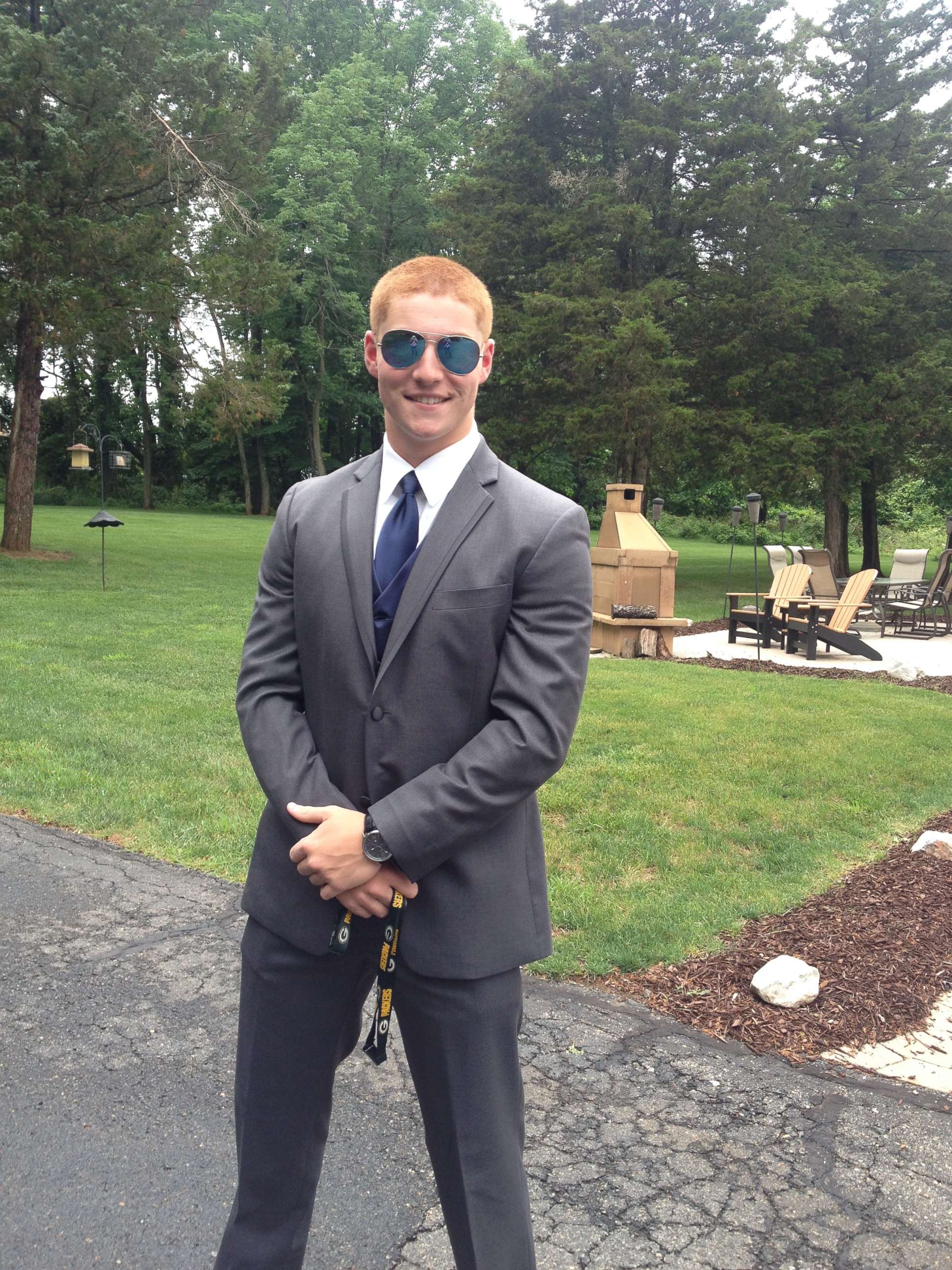Ex-Penn State fraternity member is first to plead guilty in Tim Piazza hazing case
Ryan Burke pleaded guilty Wednesday to all charges, including hazing.
A former Penn State fraternity brother has entered the first guilty plea in connection with the death of pledge Tim Piazza, who died after falling down fraternity house stairs during an alcohol-fueled hazing ritual, prosecutors said.
Ryan Burke, who was accused of forcing Piazza to drink from a bottle of vodka the night of his fall, pleaded guilty Wednesday to four counts of hazing and five counts relating to unlawful acts involving liquor, the Pennsylvania Attorney General's office said.
Burke, now 21, admitted to his role in the hazing and will be sentenced on July 31, according to prosecutors.

"This is a tragedy and he is anxious to make amends," Burke's attorney Philip Masorti said Wednesday, according to the Bridgewater Courier News. "There are too few words to describe a loss so great. This young man understands that."
Piazza family attorney Tom Kline told ABC News, "We are pleased to see one individual accept responsibility and encourage others to follow in his steps."
Pennsylvania Attorney General Josh Shapiro added that his "office is committed to seeking justice on behalf of Tim Piazza and his family and holding every responsible individual accountable for their actions, consistent with the law and the evidence in this case.”
Twenty-five others face charges in the case which stemmed from Piazza's February 2017 death.
On the night of Feb. 2, 2017, after taking part in a hazing ritual known as the “Gauntlet,” a heavily intoxicated Piazza was heard falling down the stairs at the Beta Theta Pi house, and later found lying face down at the bottom.

Fraternity members carried him upstairs and put him on a couch, where they dumped water on his face and slapped him in an apparent attempt to wake him, to no avail, according to a grand jury report which cited evidence including surveillance video, witness testimony and phone records. When one pledge tried to intervene, insisting they get Piazza some help, the pledge was shoved into a wall and was told that the brothers had it under control, according to the grand jury report.

As the night went on, Piazza, a 19-year-old sophomore, tried over and over to stand on his own, falling each time and eventually going still, according to the grand jury report.
No one called 911 until the next morning, when his breathing was labored and his skin had turned gray.
Prosecutors have claimed the brothers waited to get Piazza help in an attempt to cover up their drinking and "coordinate a story."
Piazza died on Feb. 4 of traumatic brain injuries.
Beta Theta Pi has since been barred from Penn State.
Since Piazza's death, his parents Jim and Evelyn Piazza have channeled their grief into fighting for the safety of future college students.
"We believe that there needs to be stiffer criminal penalties against hazing,” Jim Piazza told ABC News last year. "Nobody is trying to kill Greek life -- we’re just trying to make it safer."
"We're both of the mindset -- Tim would not want us to fade away and just continually grieve," he added. "Trying to make a difference for others, I think, is somewhat therapeutic."
ABC News' Henderson Hewes contributed to this report.




